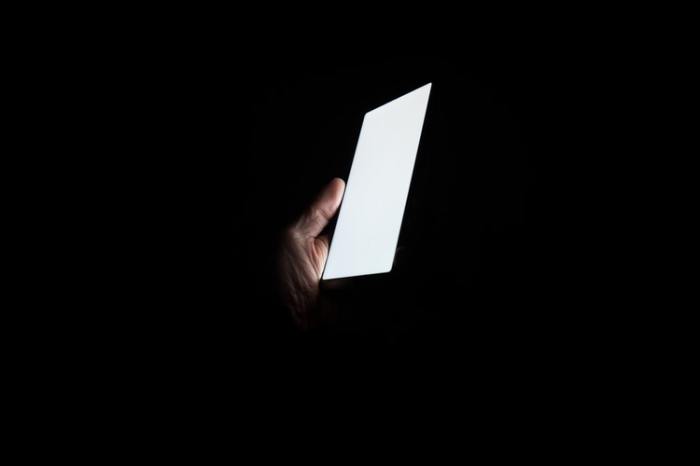Pastors warn smartphone addiction 'major issue' in Church, offer solutions

Two pastors have offered practical advice for combating smartphone addiction — an issue they said is permeating the Church at an unprecedented rate.
Smartphone addiction is one of the “major pastoral issues” of today, Joe Rigney, an author, seminary professor, and pastor at Cities Church, said in a video posted on the Gospel Coalition website, yet it only emerged in recent years.
“I think anytime when we’re preaching at our church and we make an application to technology and smartphones ... you can feel it palpably from our people that there’s a hunger for, ‘Yes, we feel like there’s something wrong here, and we just don’t know exactly what to do.’ Because we feel like they’re so ‘essential’ to living. They’re so useful in so many ways, yet it feels like there’s something that’s off,” he said.
The first step in combating smartphone addiction, Rigney said, is admitting there’s a problem to begin with.
“I think the first thing is just to admit and recognize that if you’re a pastor or if you’re a layperson, you’re not the only one, and this is a more widespread problem, and you need to admit that it is a real problem,” he said. “I think that probably the first thing is just to really face it squarely — these little devices have been designed by some of the smartest people on the planet to make sure that you’re on them all the time, and you’re not Superman.”
Instead of reaching for a smartphone at the beginning of the day, Rigney recommended reaching for the Bible or spending time in prayer.
“If I resist [my phone] and get to prayer, Bible ... all of a sudden when I’m getting out the door I’m like, ‘Oh, that was good. That was a good morning.’ I feel different than if I had been scrolling around the house for 30 minutes before the kids woke up,” he reflected.
Dave Mathis, the executive editor for desiringGod.org and a pastor at Cities Church, agreed that to “get a bigger sense of what your life is for, what your life is about,” it’s important to “pray first thing, and to pray last thing, rather than check the world.” He stressed that smartphone addiction takes away from the important things in life, like spending time with one’s children.
“[One] of the great tragedies is to live with such gifts and count them as small things, or to count them as an annoyance, or to count them as pulling us away from these amazing and silly devices that we carry around,” he said.
“I find extended time on the smartphone is depleting,” Mathis added. “It’s draining. I come away and my eyes feel strange, emotionally I feel like I have less energy.” In contrast, spending time with loved ones or expending energy in the service of others makes him feel “better.”
“There’s brain chemistry behind that, too, not just spiritual significance. So one thing about these phones is also how inactive they make us, and God didn’t make us to be inactive. That’s one thing to fight in the process,” he said.
Rigney encouraged believers to intentionally put their phones aside to find “refreshing freedom,” adding: “I’m putting it over there because I want to deliberately remove this shackle, not accidentally remove the shackle.”
Numerous studies have linked smartphone addiction to depression, stress, anxiety and other mental health issues. A recent OnePoll survey of 2,000 adults that was commissioned by Vision Direct found that adults are spending 4.5 hours a day on smartphones.
Nina Schroder, a mental health therapist at Virginia Commonwealth University, told The Christian Post that in light of these statistics, “students have to understand what is going on” with the risks of excessive screen time.
“I don’t think they completely understand the effects of screens,” she said. “I want people to understand that there are negative effects of high screen use.”
“I’m not saying that everything about screen use is bad, because there are some great uses. But we have to be mindful about how much we’re using it, how we’re using it, when we’re using it, and how it’s affecting us.”
In a recent op-ed for CP, Pastor Greg Laurie said the antidote to smartphone addiction is to simply “be still.”
“We need to make a conscious effort to disconnect from this barrage of media. This doesn’t have to be a permanent thing (though that wouldn’t be the worst idea ever) but it does need to be intentional,” he said. “We need to sit down, look at each other, and talk.
"This is a critical time for the Church and faith communities to step forward. This doesn’t mean we have to offer our version of everything culture has, but rather something the culture is severely lacking. I’m talking about authentic, loving community filled with people who go out of their way to engage with others — especially those who are young — and then take them under their wing to mentor and ‘disciple’ them.”




























